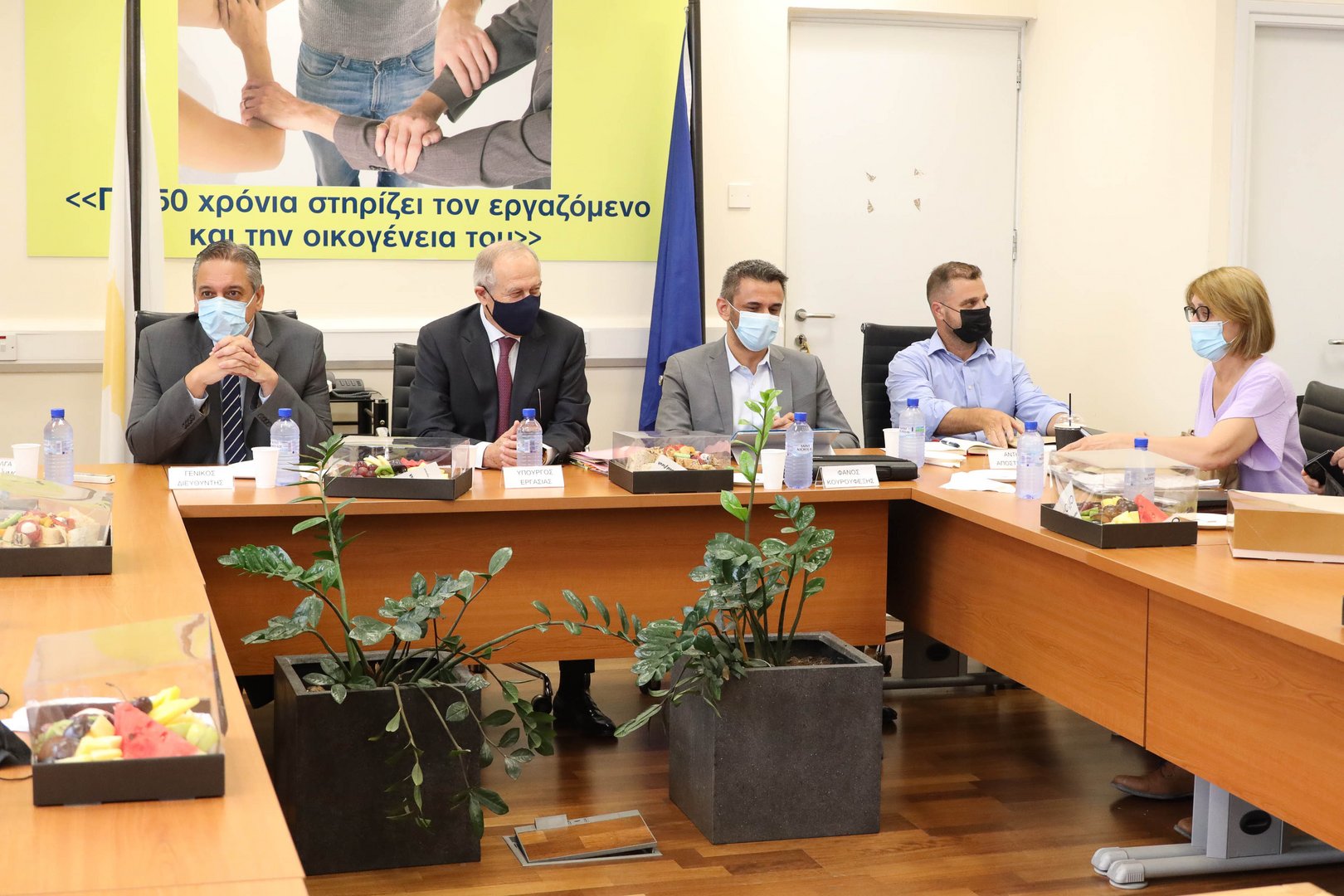The Statistical Service (CyStat) said on Tuesday that reliable data on the median wage in Cyprus can be gleaned from its Income Survey which it conducts periodically, rather than from EU statistics on income and living conditions – also known as EU-SILC.
The agency was weighing in on the ongoing debate about the method of determining the minimum national wage in Cyprus.
Trade unions want the minimum wage to be based on EU-SILC, a number that is higher than that generated by CyStat’s Income Survey. By contrast, employers’ organisations prefer the number derived from the Income Survey.
President Nicos Anastasiades recently clarified the minimum wage will be based on CyStat’s calculations for the median wage (€1,573). The minimum salary would be calculated as 50 to 60 per cent of the median wage.
In its statement, CyStat said it wanted to clear up certain popular misconceptions about EU-SILC. It said this survey gathers data relating to income distribution, poverty and social exclusion indexes, and living conditions. These data are used neither by CyStat nor by Eurostat to compile official statistics on mean or median income.
EU-SILC covers households, with the household used as the statistical unit, and with a sample size of about 5,000 households.
“EU-SILC has been designed for an entirely different purpose,” CyStat noted.
By contrast, the appropriate data for deriving mean or median national incomes in Cyprus comes from the Income Survey, carried out periodically. The last such survey was conducted in 2019 (with 2018 as the reference year), with the final sample covering 1,372 businesses and 29,367 employees.
The Income Survey’s key variables, CyStat said, are the hourly, monthly and annual salaries for employees, broken down by gender, type of employment (part-time, full-time), age, duration of service in a business, occupation and education.
The statistical unit used here is the employee.
Marathon talks on the introduction of a minimum wage ended without success on Friday, with social partners set to hold fresh meetings this week.






Click here to change your cookie preferences